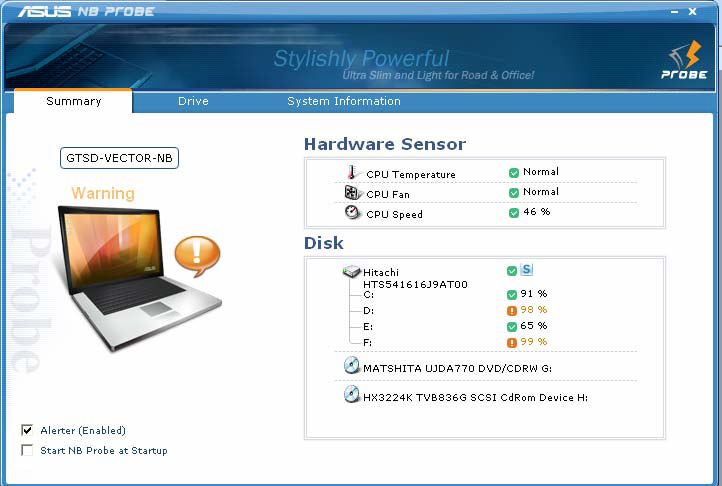Asus Instanton For Nb Download Free
PCMag reviews products, but we may earn affiliate commissions from buying links on this page. I've always been an advocate of the instant-on computer. This is a machine that you can simply turn on and use.
The idea has been dead since the invention of 'sleep' mode in Windows. While I support turning off machines when not in use to both save energy and keep the machines from being susceptible to worms and probes, I also recommend sleeping or hibernating. The differences between sleeping and hibernating are minor, but let me just say that sleeping is best for desktops, and hibernating is best for laptops. Hibernation saves the state of the machine and then powers off and saves the battery, and sleep keeps the machine in a very low powered mode and is ready to jump back into full power instantly. I only write about this, because a few years ago, I was jacked up over the idea that Asus was coming out with a motherboard that would power-on instantly and boot a Linux OS to quickly load a browser in a quasi-instant-on style. If you didn't want to open this browser, it would boot Windows. The idea was that this could come in handy and save you time.
For example, it would be helpful if you were about to leave the house and then suddenly realized that you had to go online to get your hotel reservation number or some phone number before you left, but you had already shut your computer off. (Meanwhile, your friend who was picking you up was outside honking the horn because you needed to go right away.) Because you it has instant on, you could jump online and grab the information and then turn off the computer and leave the house in less time than it would have taken to boot Windows and do the same chore. Seems like the way to go if you ask me. Enter Asus and instant on. Though it was originally developed by a company called Splashtop Inc., the Asus version is called Express Gate. I thought it was a great idea, because I could never understand why OSs couldn't be partially based in ROM and able to boot instantly. My thinking stems from the olden days of desktop computing in the late 1970s when I had a SOL-20.
The machine had a removable ROM that contained the OS and could boot instantly. It was great. With Express Gate, when you first turn on the machine, the Linux OS takes over the screen.
Then by tapping a key, you go right to the browser. It also offers some other utilities and features.
Asus Instanton For Nb Download Free Laptop
The whole thing is in ROM embedded on the motherboard. Yesterday, when I needed to reboot the machine for an upgrade to some software, I realized that this technology is never going to be as useful as I originally thought. Instead of rebooting, I decided to wait and turn off the machine when I was done and then just restart it in the morning. It restarted to the Express Gate splash screen, but I exited it by tapping the ESC key and booted to Windows.
At that moment, I realized that over a minimum of the last two years, I used the Express Gate instant-on OS perhaps twice. One of those times was to test it to see how it worked and what it did. And as I continued to think about it, I wondered if I ever actually used it for the emergency browser. I cannot recall even one time. In other words, it is useless. In fact, because it comes up before the real boot process, it actually slows things down.

It seemed like a good idea at the time, I admit, but after having it for years, it turns out to be a genuine 'who needs it?' The combination of sleep and hibernate appear to have solved the need for instant on. And I know that since Express Gate appeared during the era when hibernate and sleep were becoming popular, I should have resorted to them before my last lament about instant on.
But as a Windows user for years and a DOS user before that, I never used the sleep function until recently. In fact, I do not recall it before Windows XP.

And it never worked as well as it does with Vista and Win7.